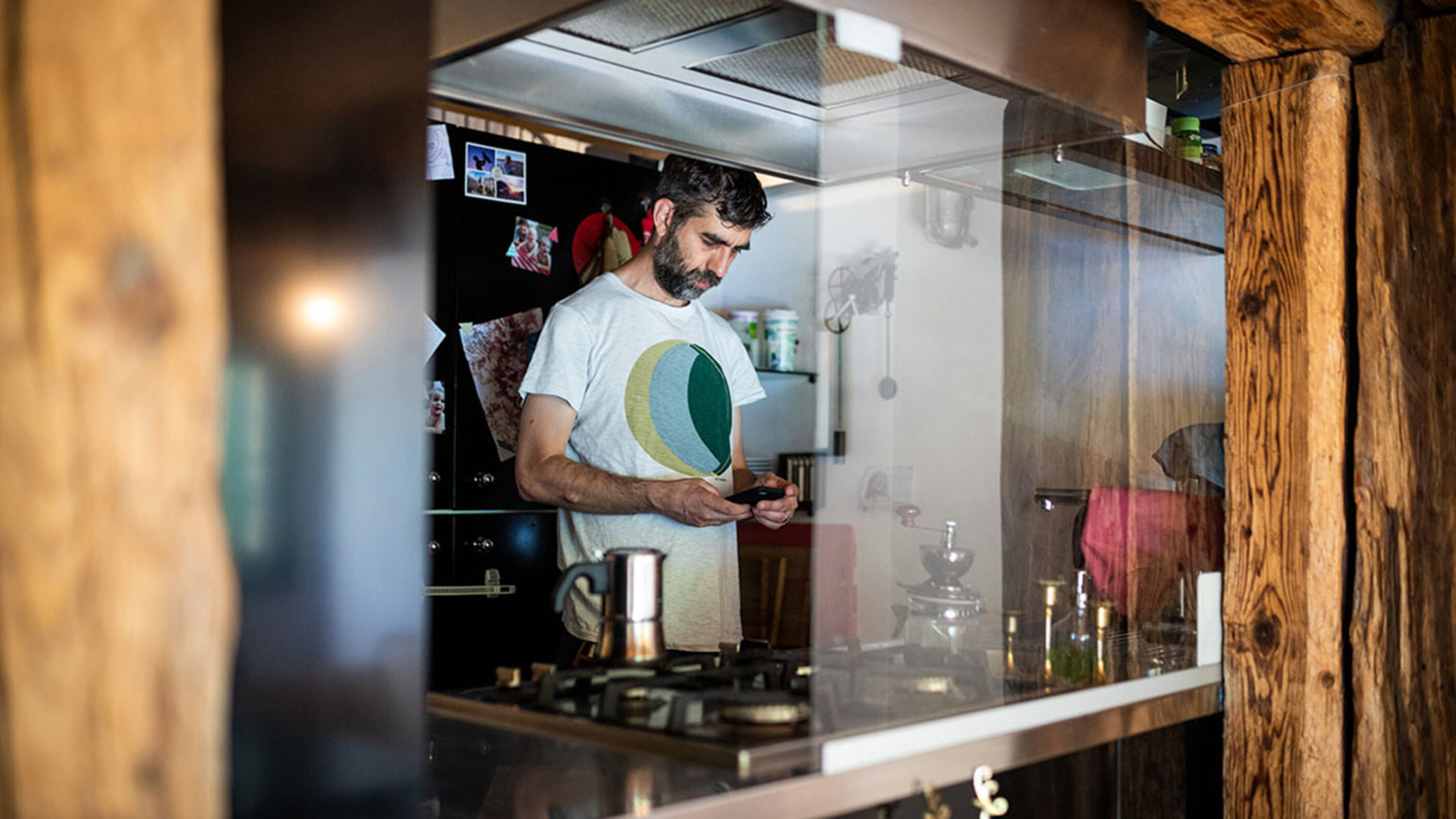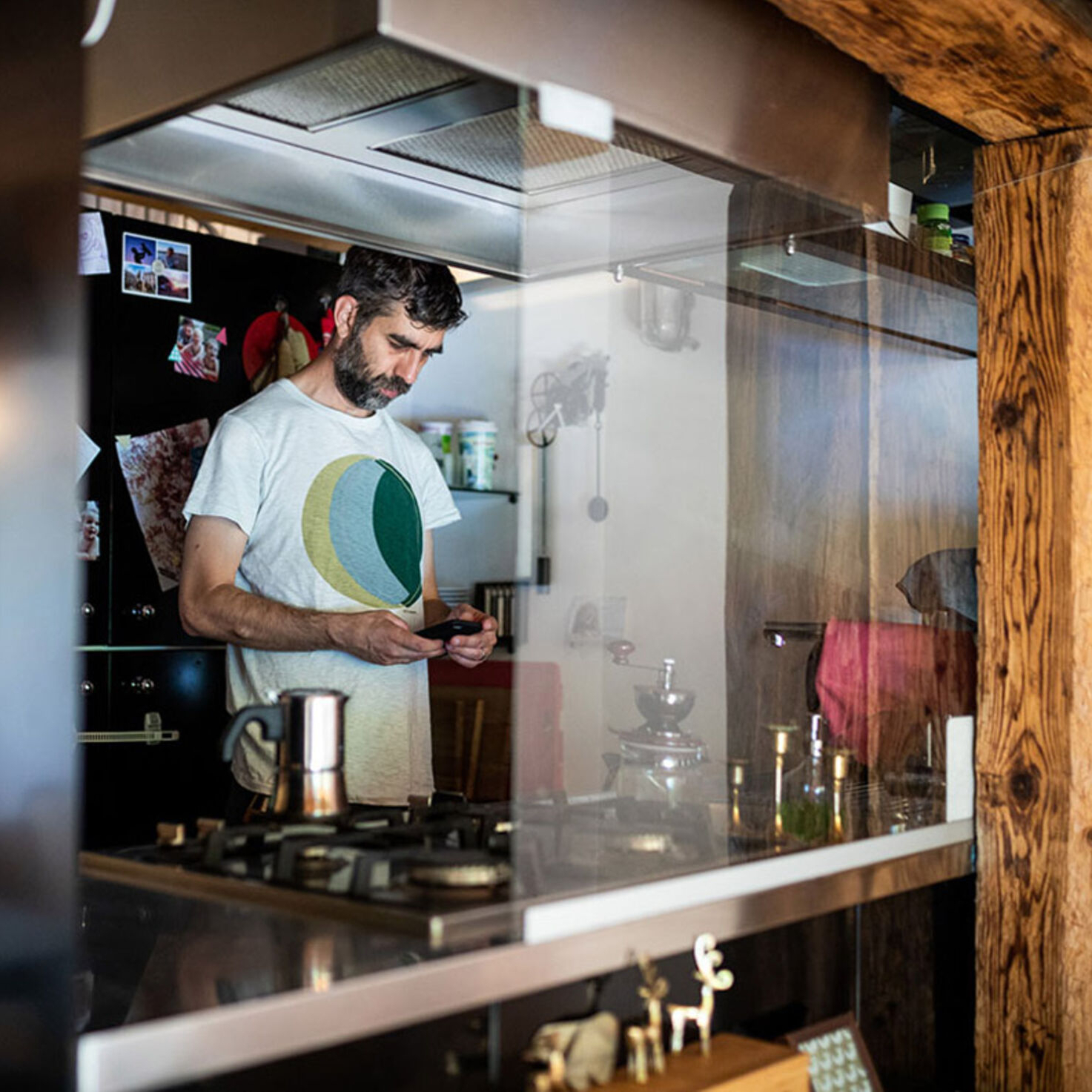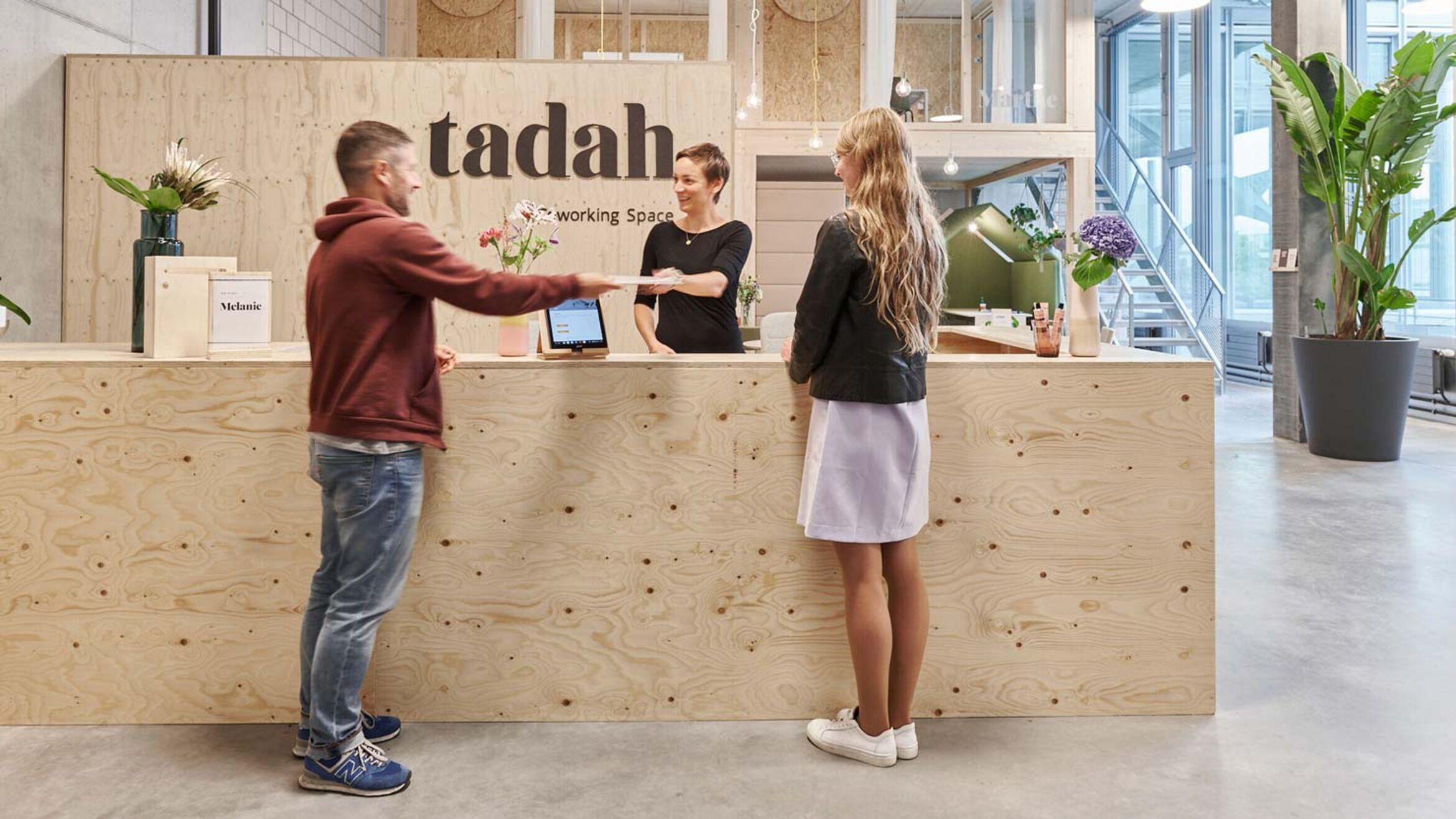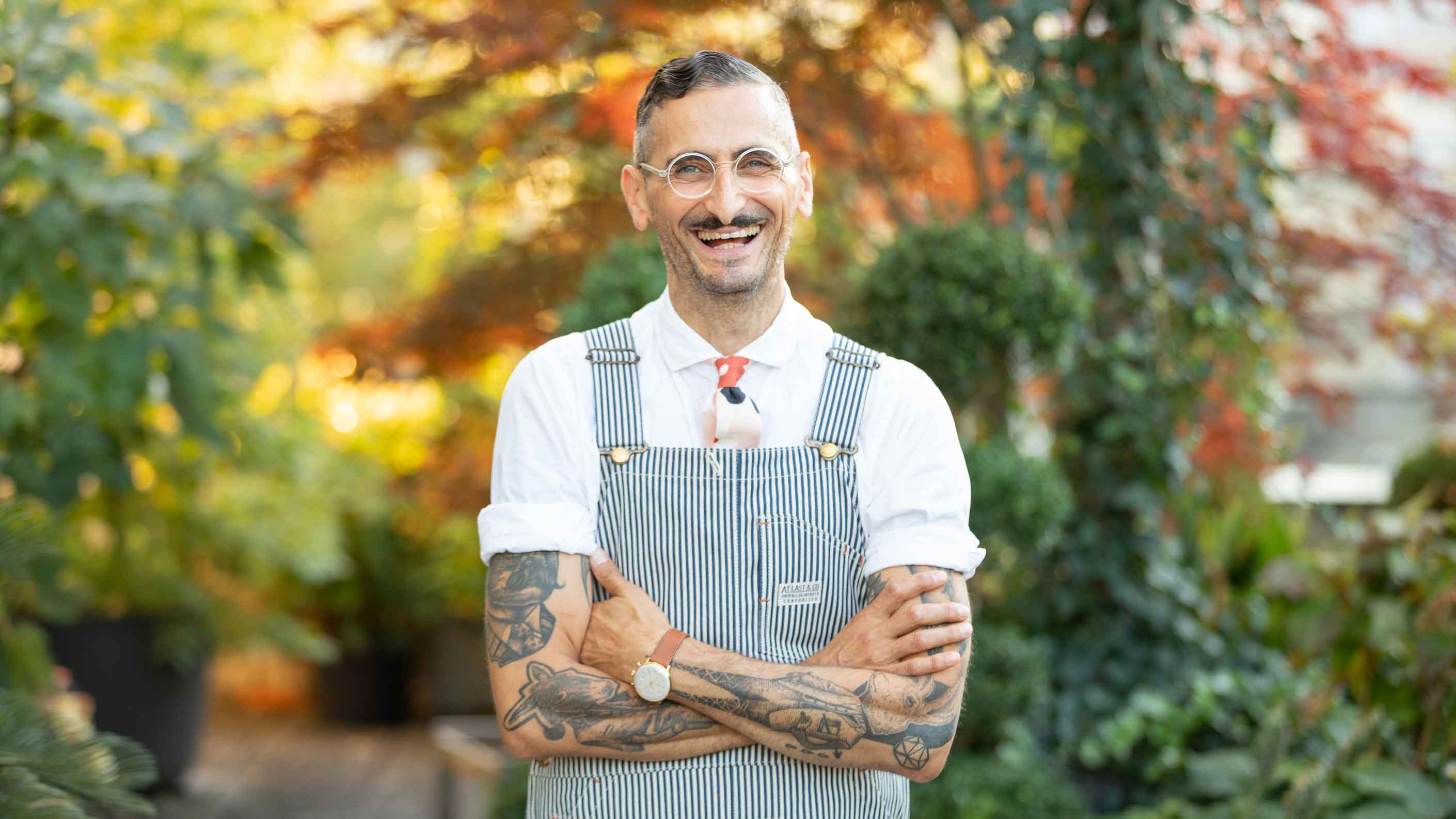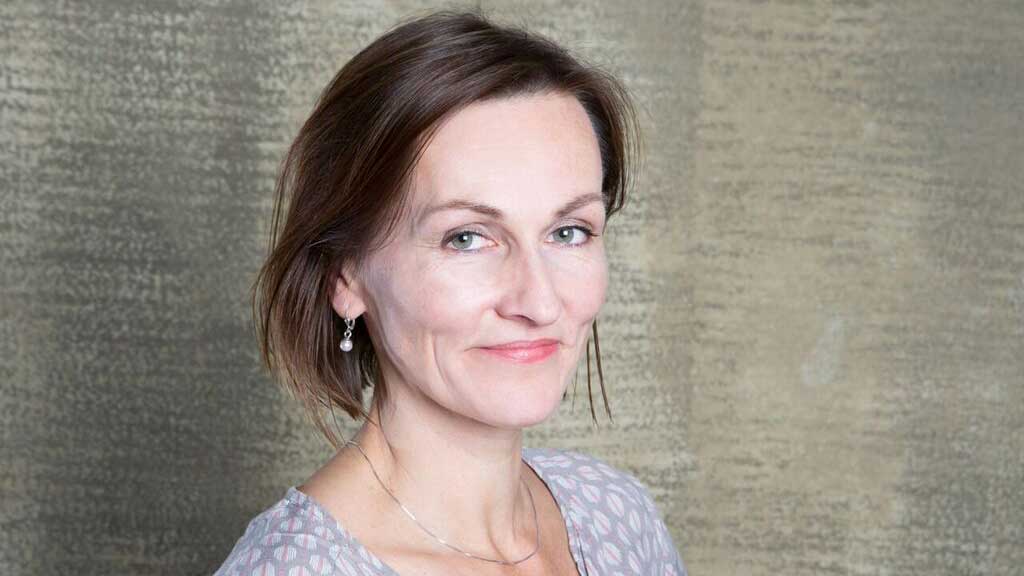People & Living | Parents We Love
Lukas Smith: part-time work, full-time success
Lukas Smith works part-time and looks after his daughter one day a week. Lukas is able to work flexible hours, because although he has two employers, he manages himself. And when it comes to management, he believes this is exactly the kind of job that can – and indeed should – be done on a part-time basis.
Lukas, you have two jobs and can divide your time between them to suit yourself. That sounds great. Tell us more.
I work 60% at Liip and 20% at witty works. Liip is a self-managing company. We use the Holacracy system, meaning that there is no traditional management hierarchy, but decision-making is shared among self-organising teams. So I have different roles that I have chosen to take on. I am totally free to organise my own workload and, apart from physical meetings, I am not bound by set hours or a specific location. I organise my work so that it is right for my family and my two companies.
At witty works, you have set yourself the goal of attracting more women to technical careers. Why is that?
For two reasons. First, it has been proven that diverse teams develop better products. And secondly, we live in a technology-driven world. It’s not good for this technology to be created by a single socio-demographic group. We have to ensure that it meets the needs of the whole population. And to do that we need diverse teams with different viewpoints. This is how we create a future for everyone.
Why are there so few women in IT? Is it because of the basic working conditions, such as a lack of part-time working options?
No, it’s not that. The IT industry is ideally suited to part-time work and also remote working. That’s not why women stay away. The IT industry was actually founded by women, they were there right at the start. But at some point, it shifted from being an administrative job to a creative one. And people didn’t believe women could be creative. Also, the personal computer came on the market. It was initially viewed as a luxury item – so an item where women couldn’t make the purchasing decision. It became a male-dominated product – and women were driven out of the industry.
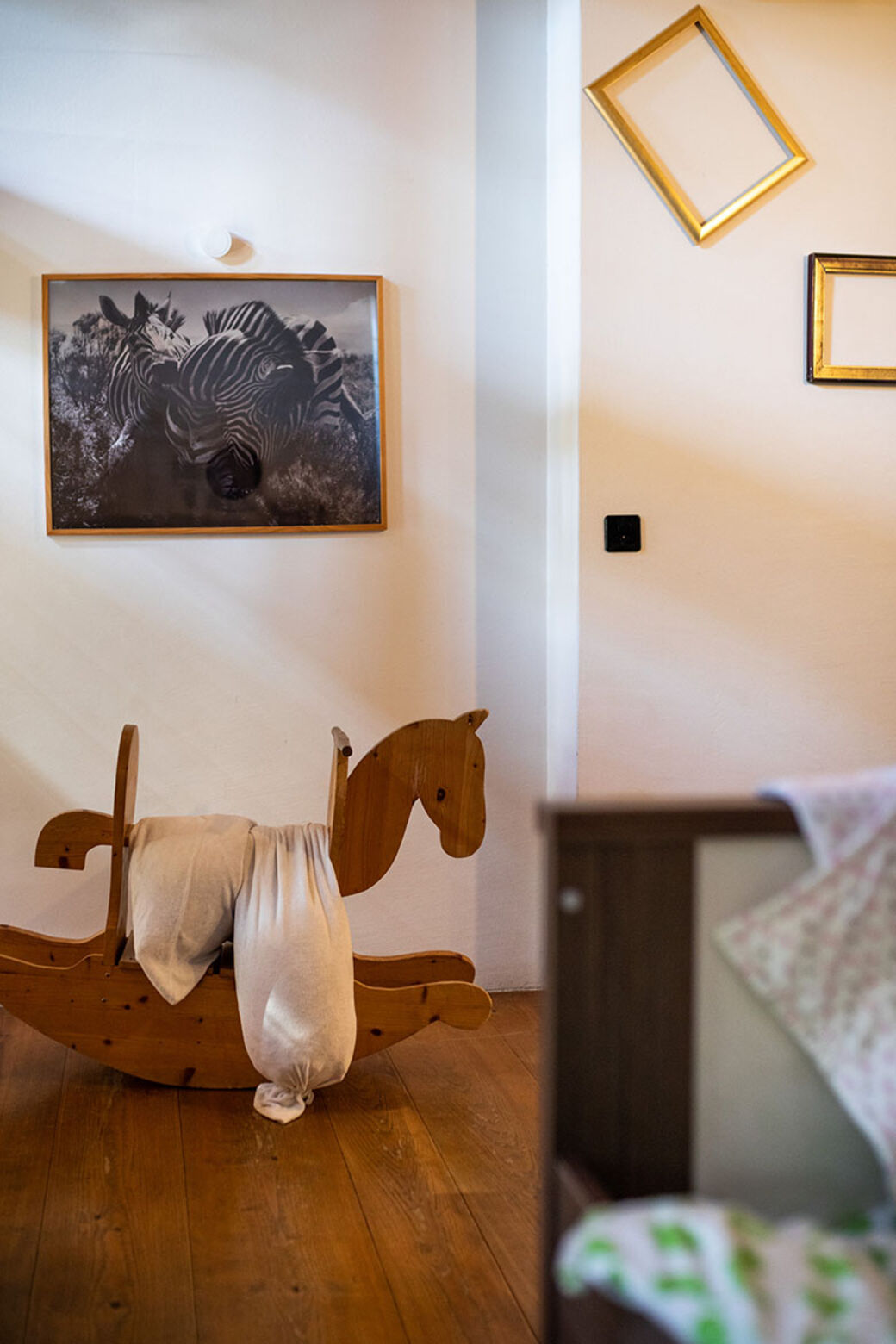
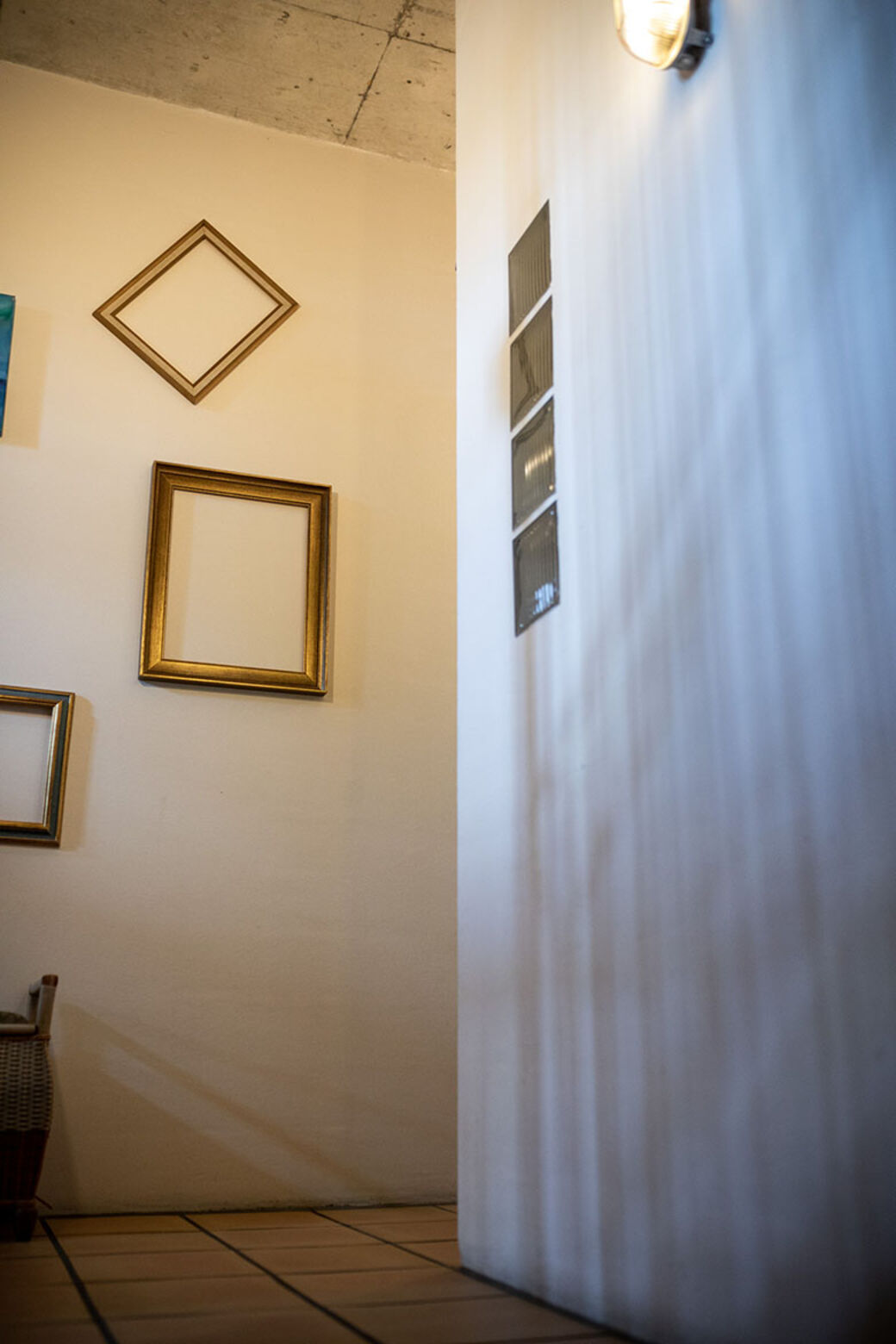
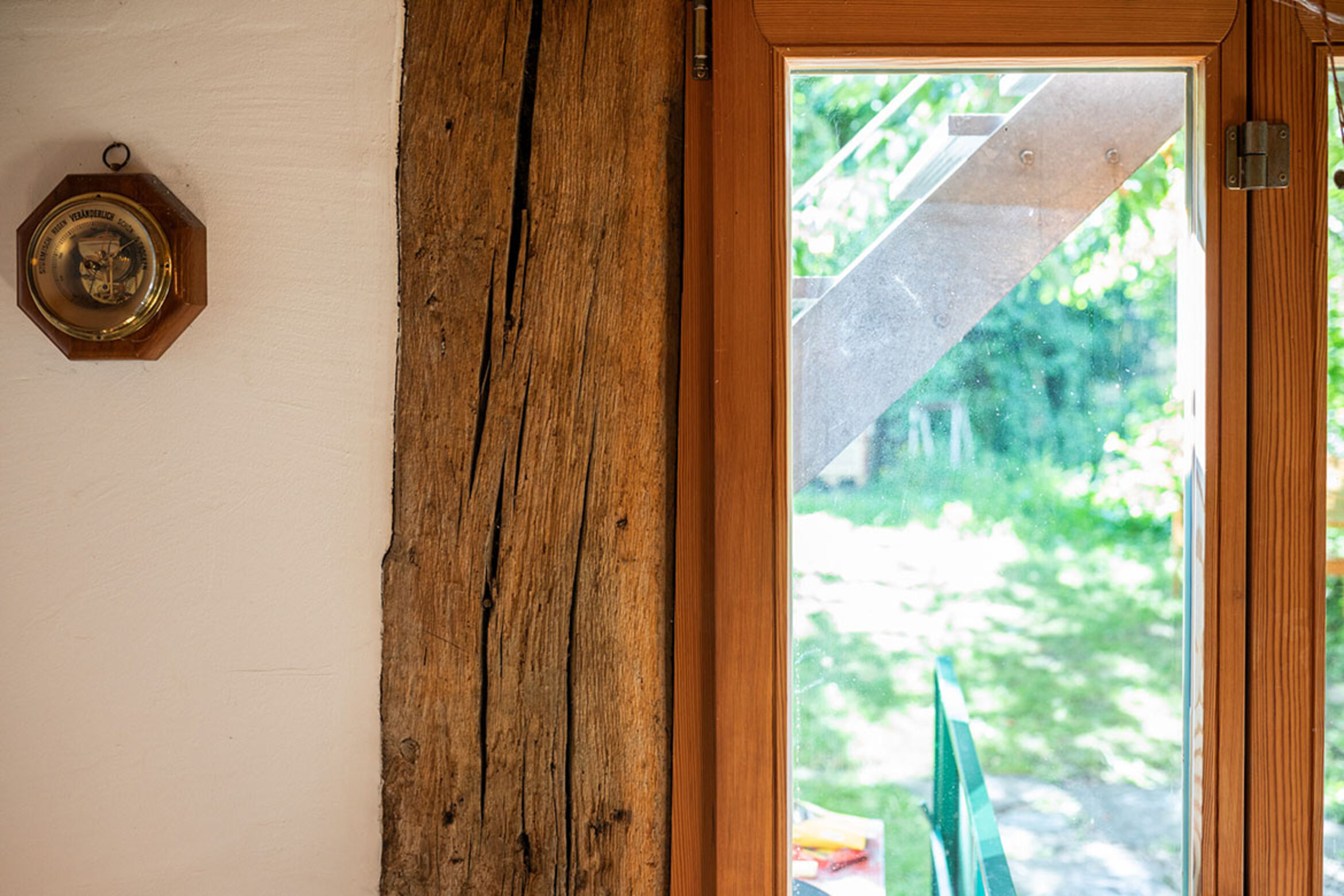
Diversity is such a big word – what do you understand by it?
For me, diversity is strongly linked to inclusion. It’s about seeing and hearing different people in all their different facets – in terms of age, gender, ethnicity and every other dimension. It’s about letting everyone participate and giving people a platform to be seen. Lack of diversity is a form of injustice.
How do you mean?
Let’s take myself as an example. I’m a computer scientist. And I love my job. I think it’s unfair that some groups of people are not represented in this profession. Everyone should have a chance to do this job. It’s also essential to think about diversity in product development.
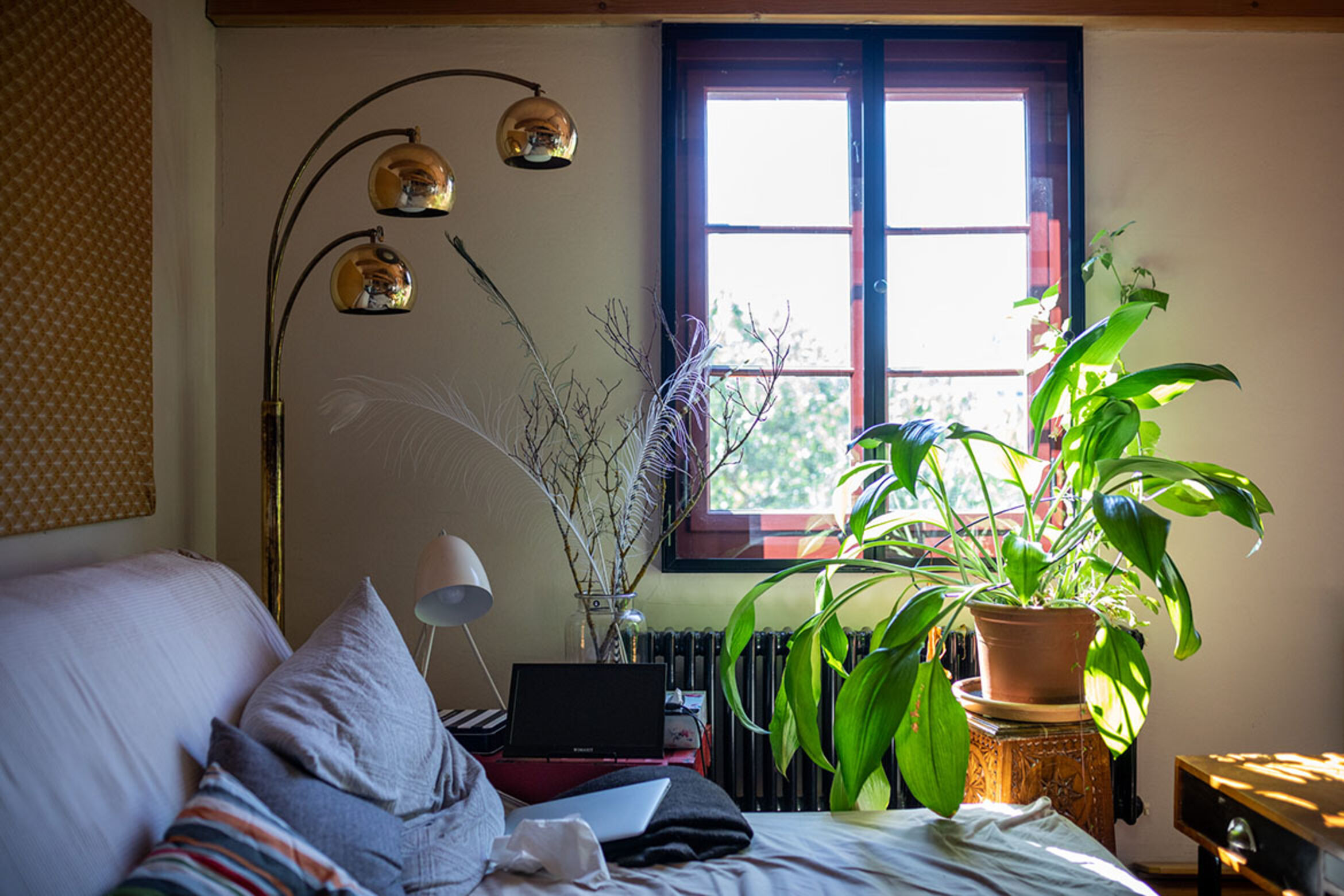
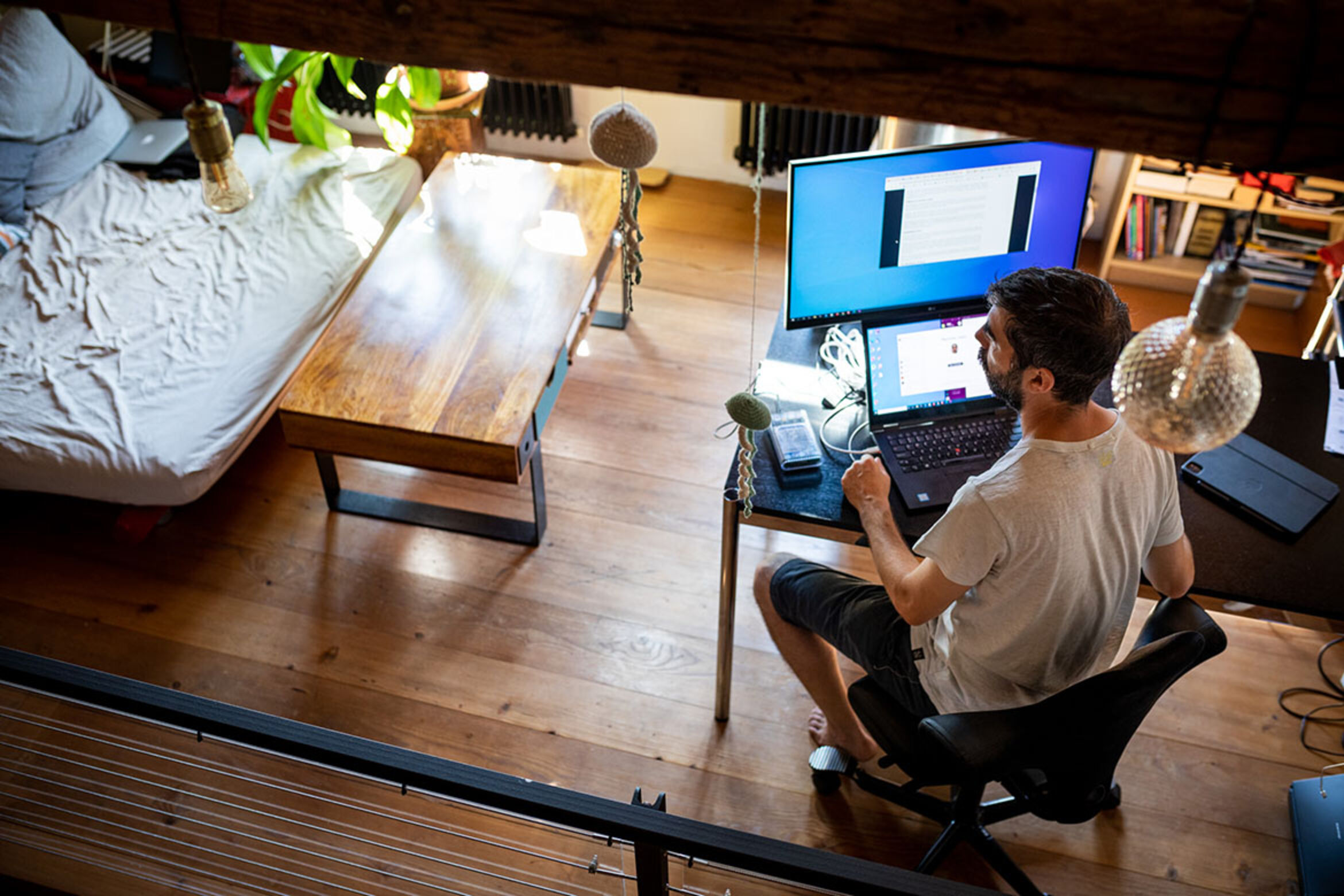
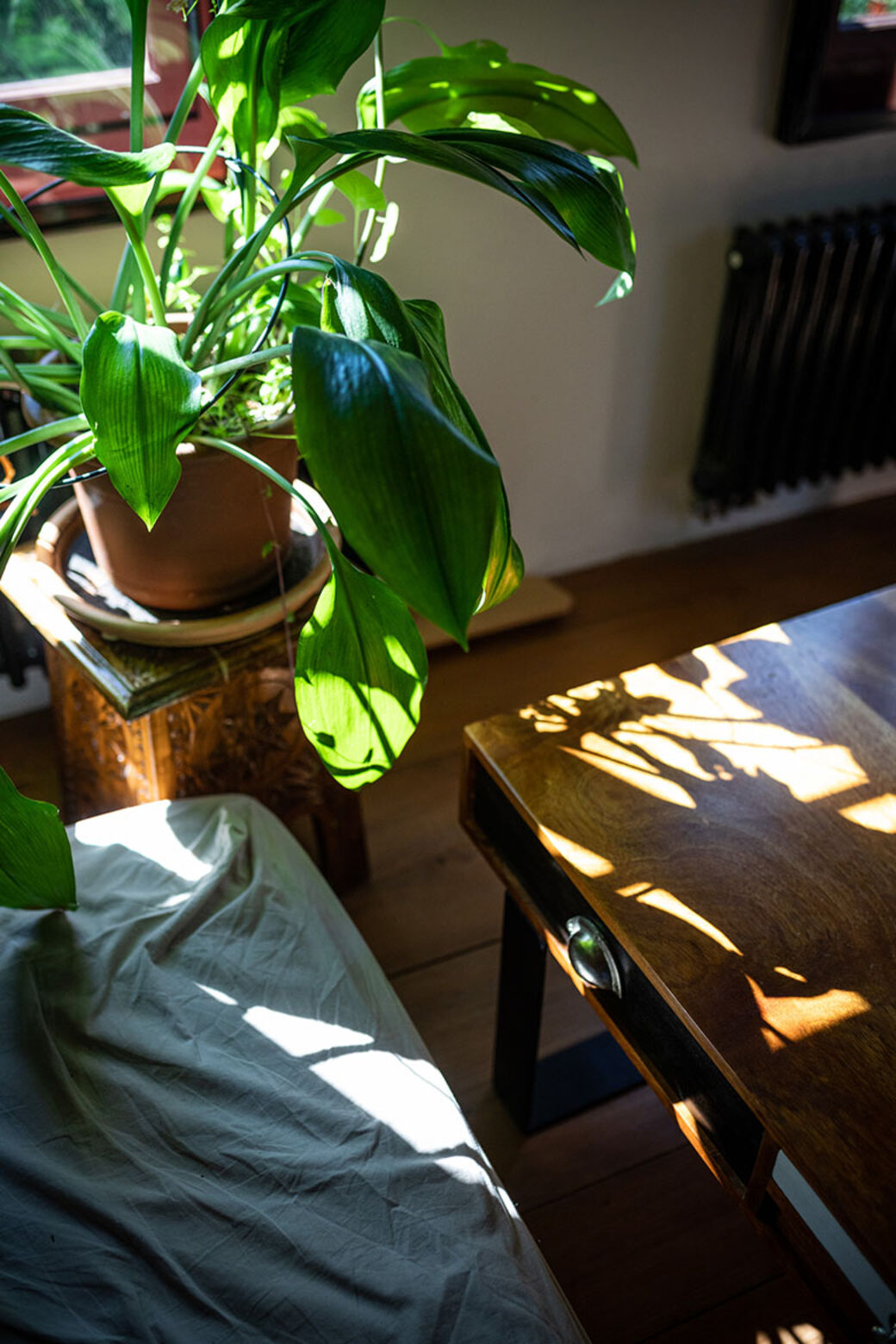
Why is that?
When we develop products, we develop them for a diverse world. So obviously products that are not developed by diverse teams are poor products. There’s a story about Facebook HQ that underlines this. Facebook had a soap dispenser that automatically dispensed the right amount of soap when you put your hand under it. A white hand. Because whenever a dark-skinned person tried to use it, no soap came out. I’m sure that wasn’t deliberate. It’s just that no-one thought about it – and you can guarantee no dark-skinned people were involved in the design.
Kooperation
So diversity provides a competitive advantage?
Definitely. Companies that are more diverse are more successful. And they’re also more stable, which is another important factor. Because instability generates a lot of stress and unease. Diversity can be used to counteract this. Diversity is also important for innovation. This is also a crucial issue. Innovation requires friction. A company full of employees who are roughly the same and think alike may enjoy a harmonious working atmosphere – but it doesn’t generate innovation. People make the difference – by being different.
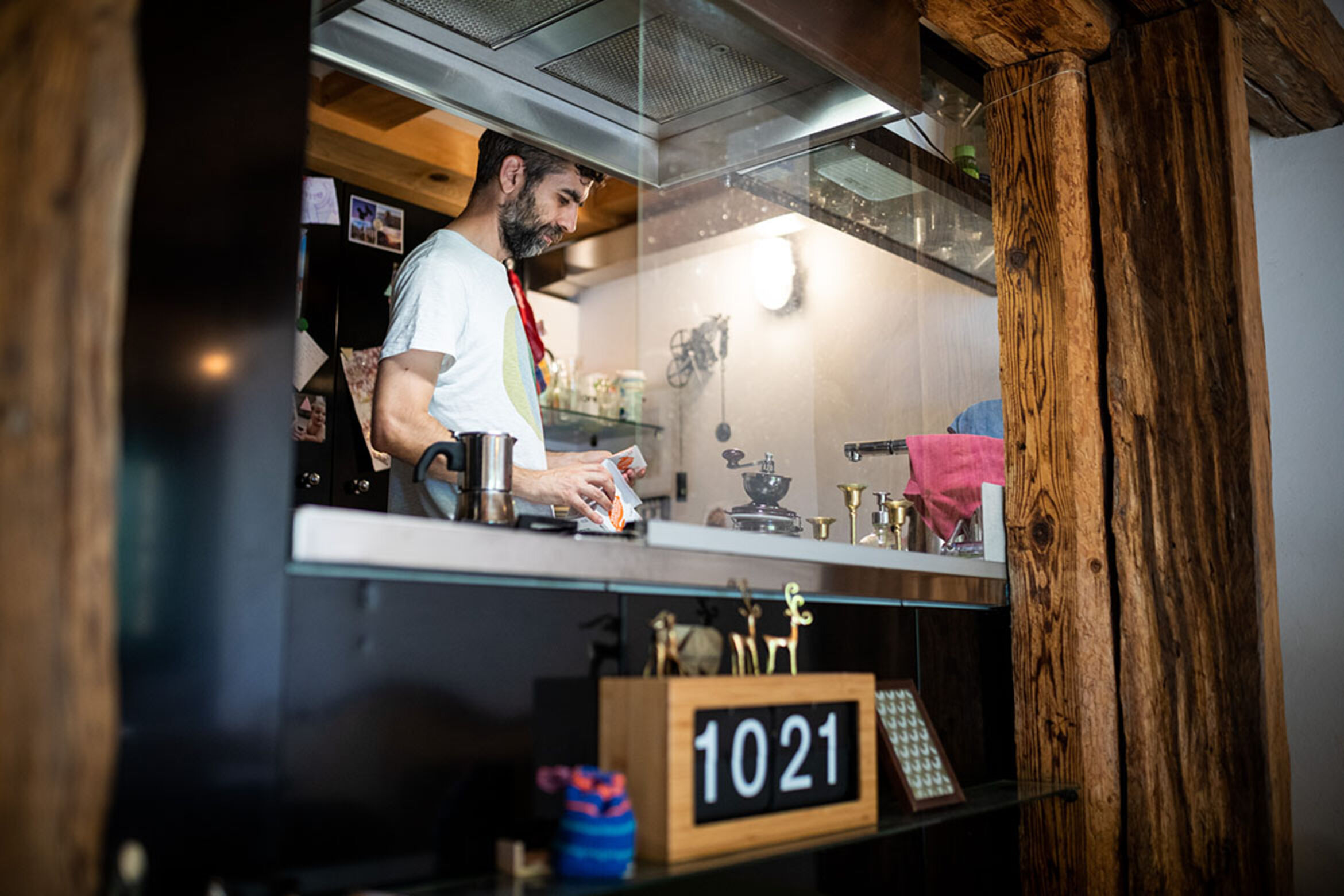
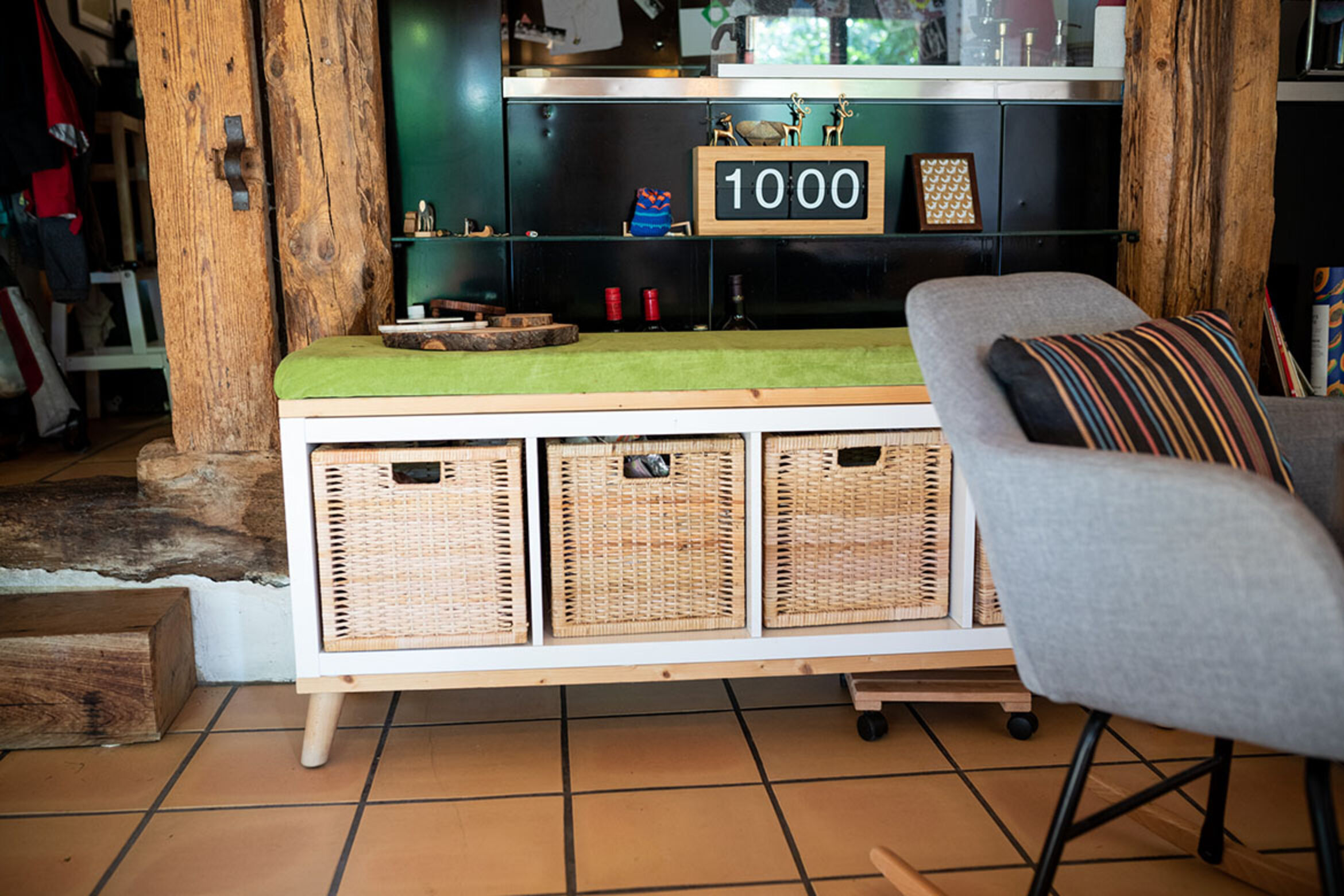
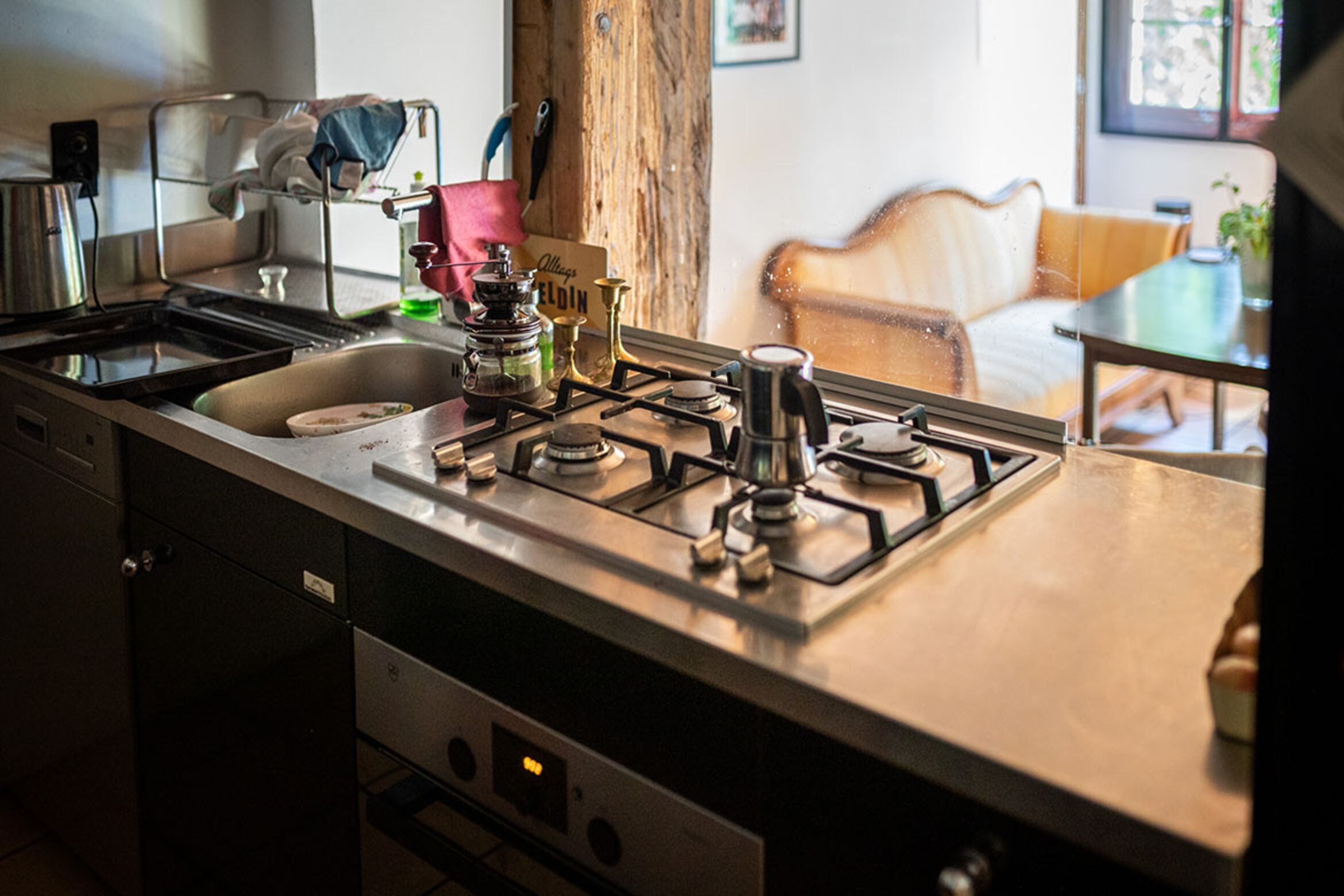
We often hear from HR departments that millennials are much more demanding than our parents’ generation, for example. What does this lead to?
It just proves that they are people who want to take on responsibility. But they want to choose where, how and when they do it. It is important to tap into this massive potential.
‘The man pursues a career and has to earn the money to buy all the material things a child needs – or not.’
One of the demands is the desire to work part-time. But despite this, hardly any men actually work part-time. Why not?
Most men don’t ask themselves this question – not even as a potential option. It’s almost an automatic response – the man pursues a career and has to earn the money to buy all the material things a child needs – or not.
When we talk about part-time, we’re also necessarily talking about the pension gap. You both work part-time, so how have you handled that?
It wasn’t an issue for us. But I know it’s a real luxury to be in that situation. We don’t have any major financial pressures and we both have good jobs. But we also try to live sustainably, for example we don’t have a car.

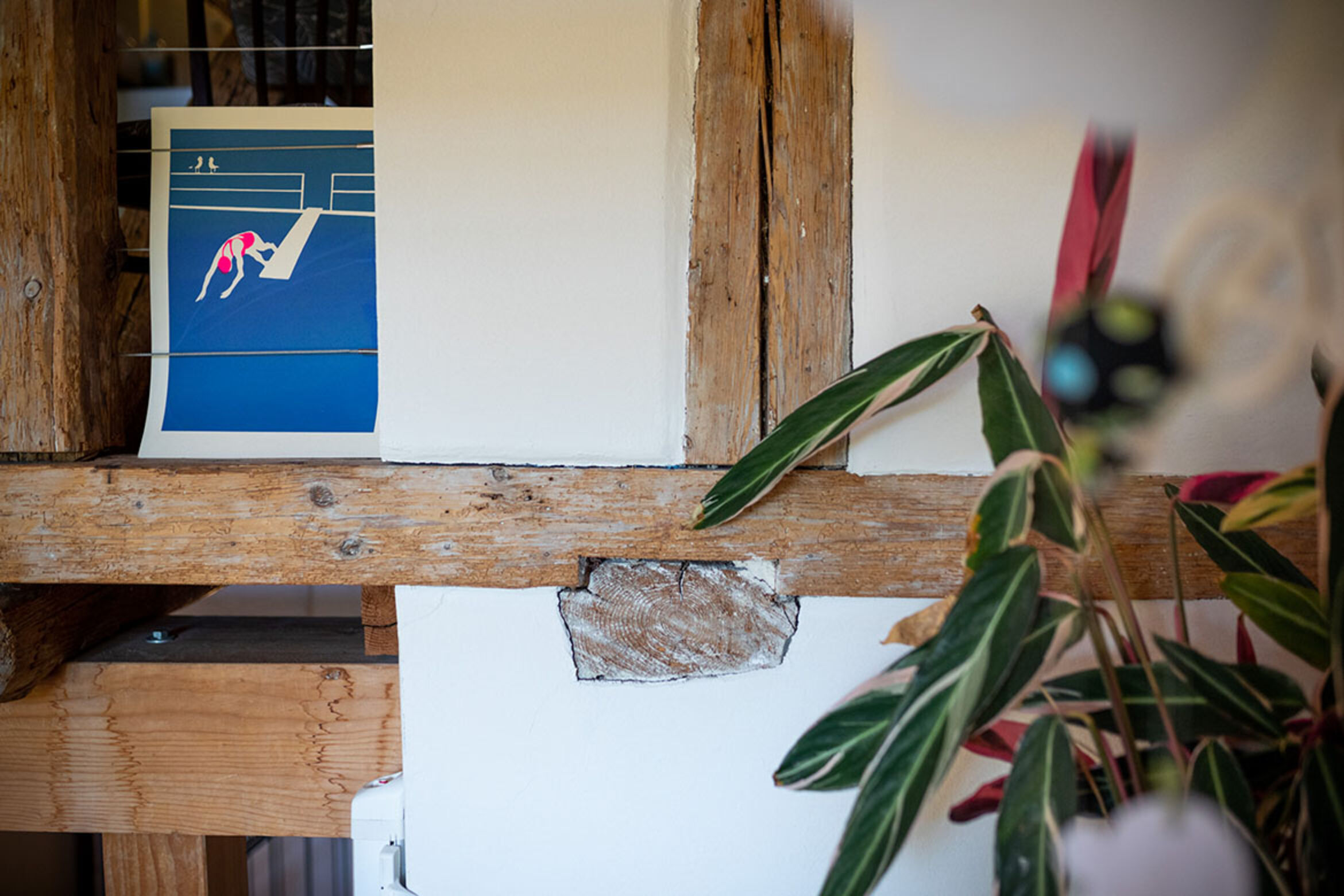
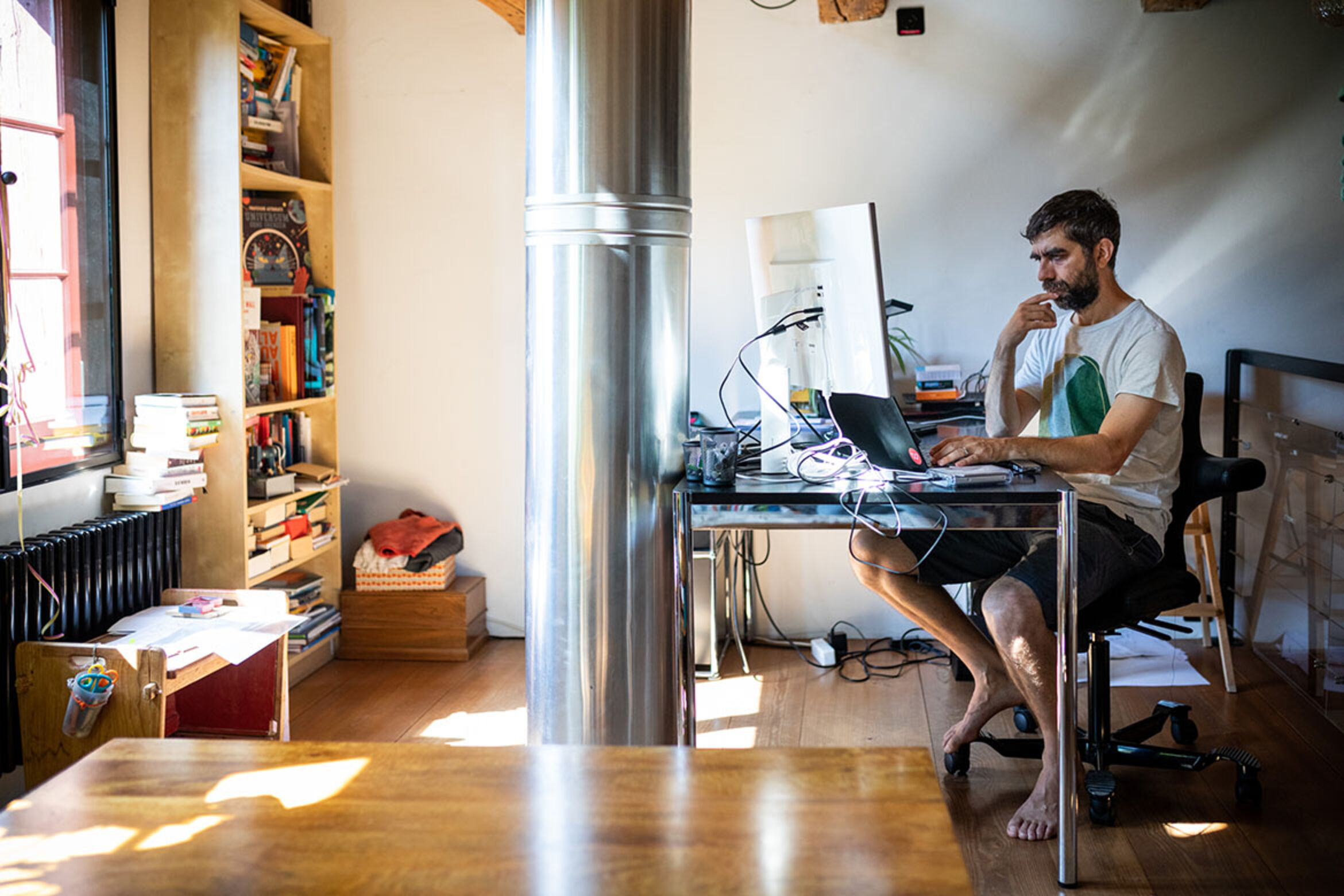
Have you worked part-time ever since your daughter was born?
Yes, and it’s the best decision I’ve ever made. To be honest, the problem of equal parenting starts very early. Because if, as a father, you’re not also at home for the first few months, it creates a difficult dynamic that is almost impossible to change.
What kind of dynamic are you talking about?
The fact is that after the baby is born, the mother has no more idea about how to take care of it than the father. She simply learns by doing it. If the father isn’t around in the first months and the mother looks after the child on her own, it’s hard for him to catch up later. The baby gets used to how the mother does things. If the father then steps in and does things differently– not wrong, just differently – then the child tends to resist it. In turn, this creates a lot of uncertainty and puts pressure on the man. On top of this, society tells us that a child needs its mother. The father is optional.
So, do you parent equally?
We do, yes. I took a month of paternity leave after our daughter was born. And I have always looked after her one day a week. When our daughter started going to day care, I took another month off so I could help her settle in.
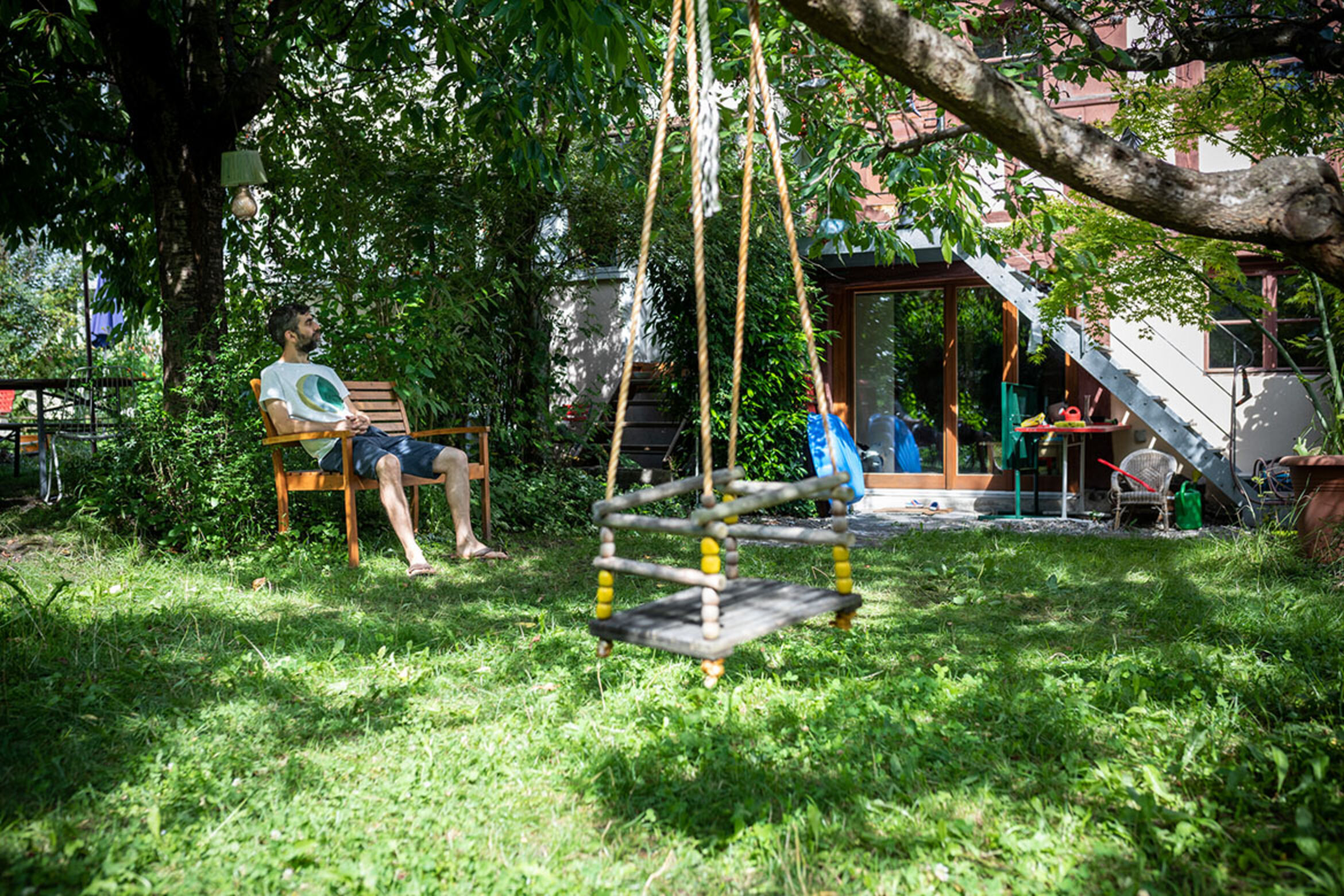
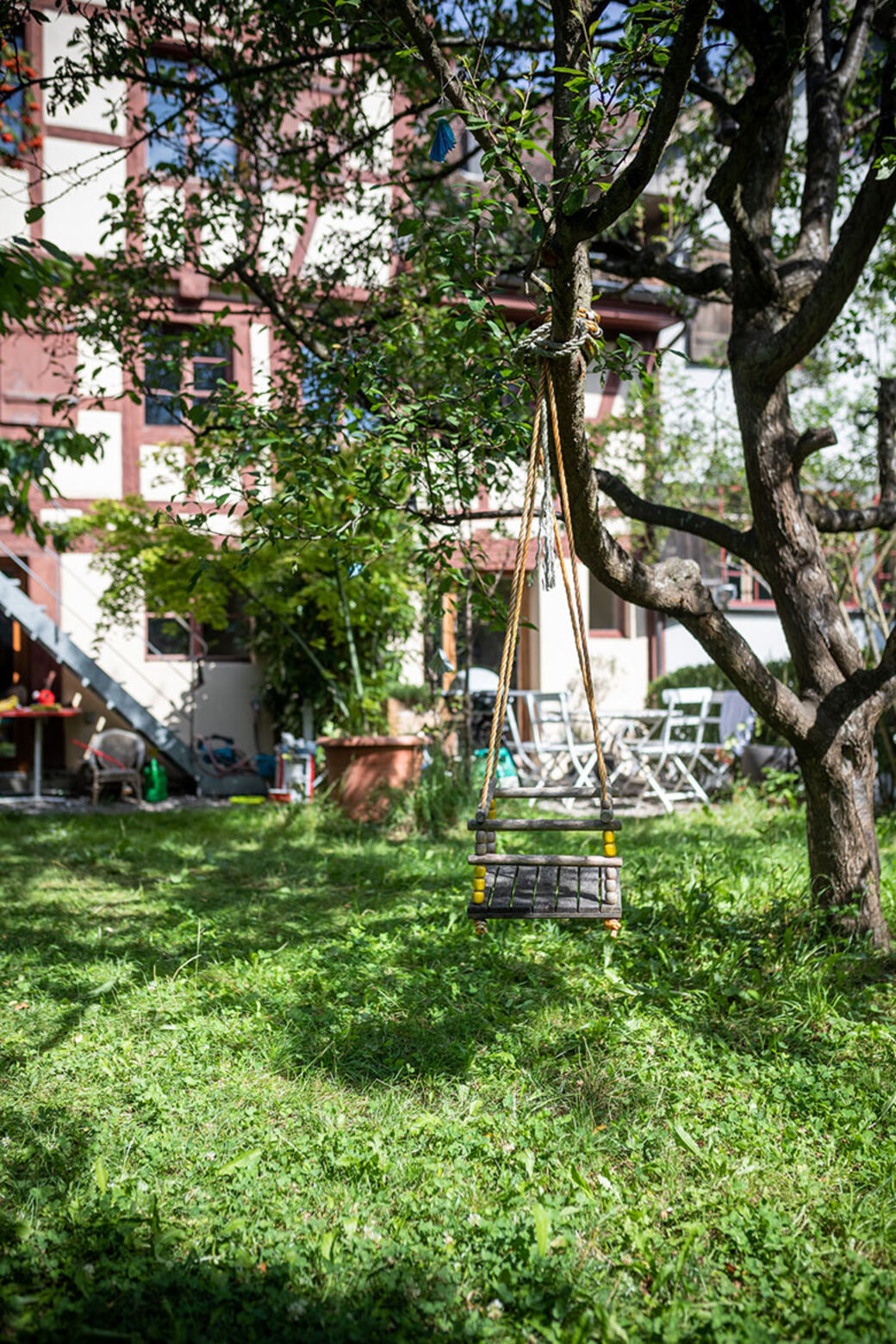
How has fatherhood changed you and your relationship as a couple?
Hugely. It’s the biggest change in my whole life. You’re constantly thinking because you see your child discovering things in a new way. You see someone doing something consciously that you do unconsciously. Being a father is a great inspiration to me.
As a couple, it has helped us move forward as well. It has strengthened our relationship. We have shared some desperate moments and grown as a result. Basically, we have more respect for each other and a stable, healthy dynamic.
‘In fact, the best way to manage is to do it part-time.’
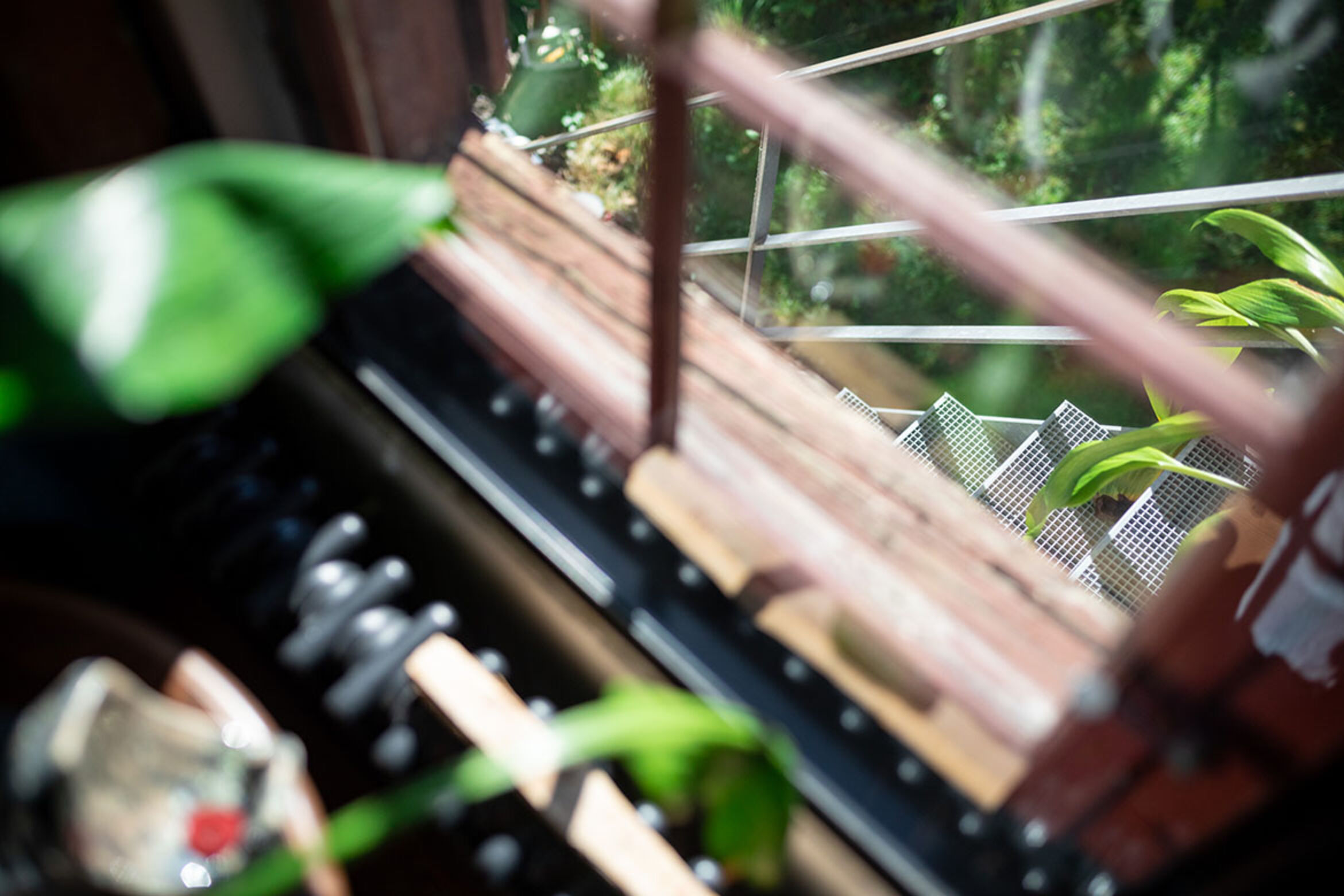
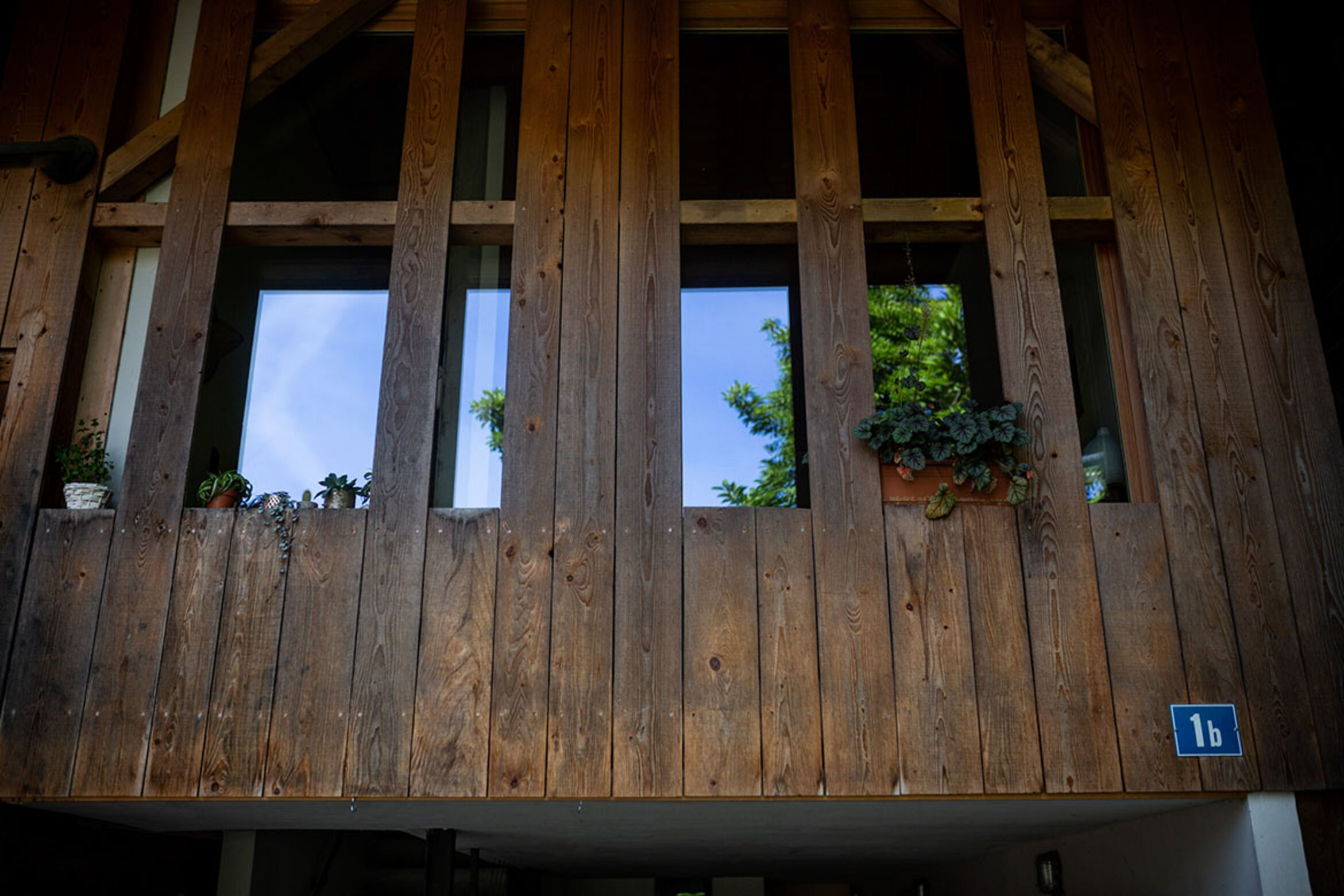
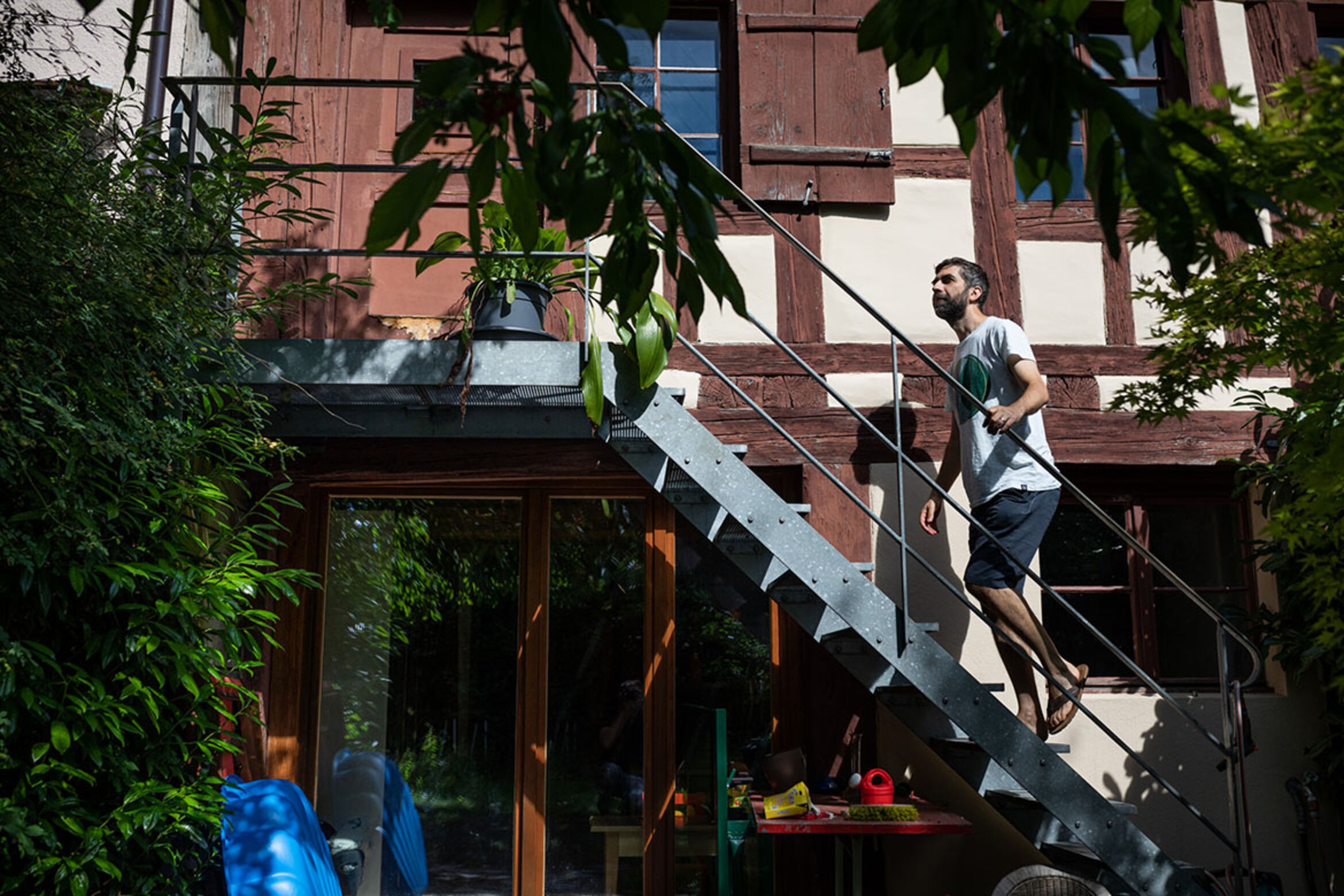
Did you always want to be a father?
No. Not at all. I spent a long time wrestling with the question of whether we should bring a child into the world. We asked ourselves questions about sustainability and society and had some serious discussions. But in the end, we decided that we could handle this responsibility.
Companies often say that you can’t hold a position of responsibility unless you work full-time. What do you think?
Management is often misunderstood. Management doesn’t mean you always know best and should do everything yourself. Because then you’re micromanaging, and that doesn’t bring good results.
Management is the ability to listen to the right experts and then delegate and make decisions. You don’t have to work full-time to do that. In fact, the best way to manage is to do it part-time. The burden of responsibility is heavy. This makes it all the more important to have a good work-life balance.
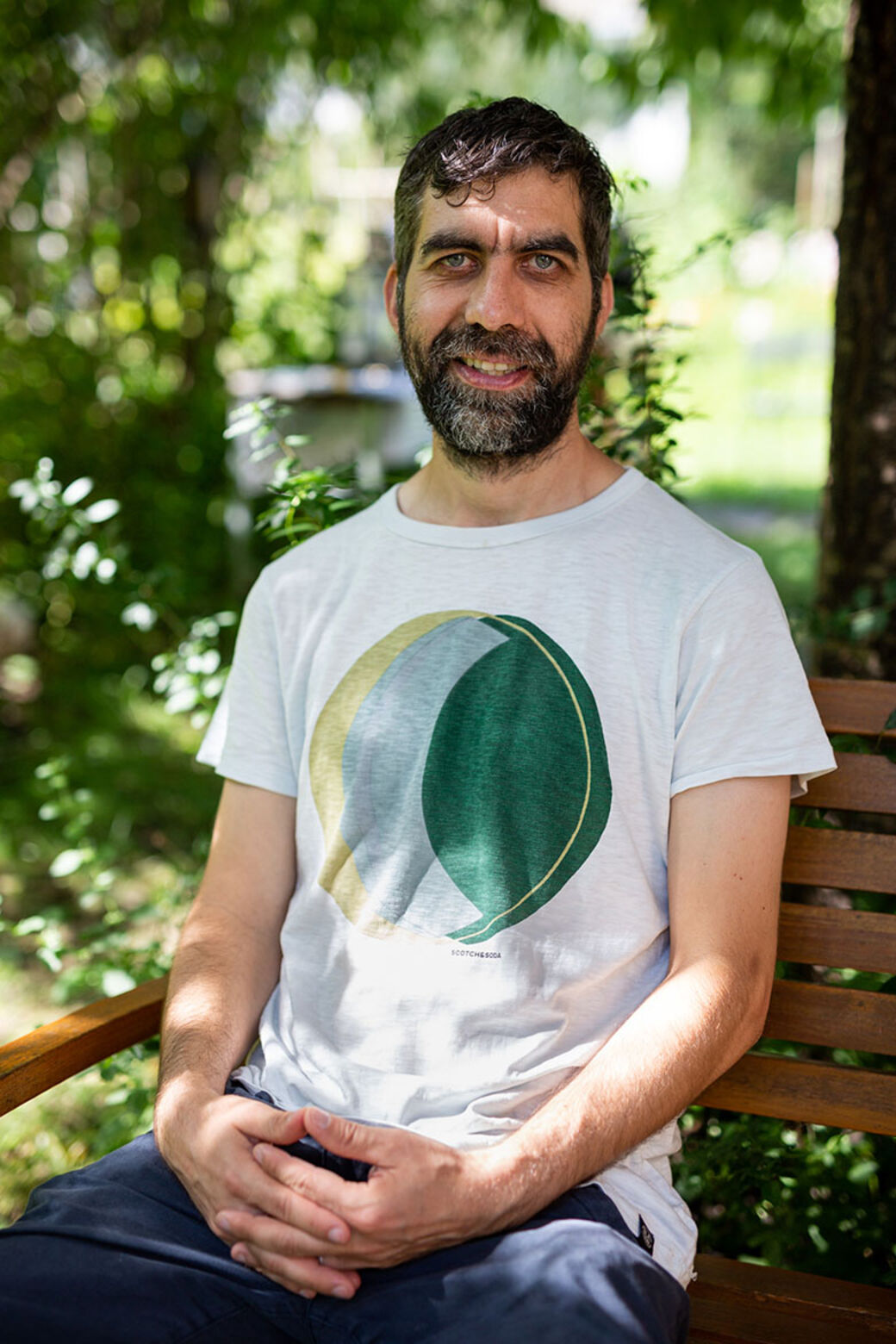
Lukas Smith is a software developer at Liip and co-founder of witty works. He lives in Zurich with his wife Konny and their 3-year-old daughter. Lukas and his wife both work 80%. Their daughter spends 60% of her time at day care.
